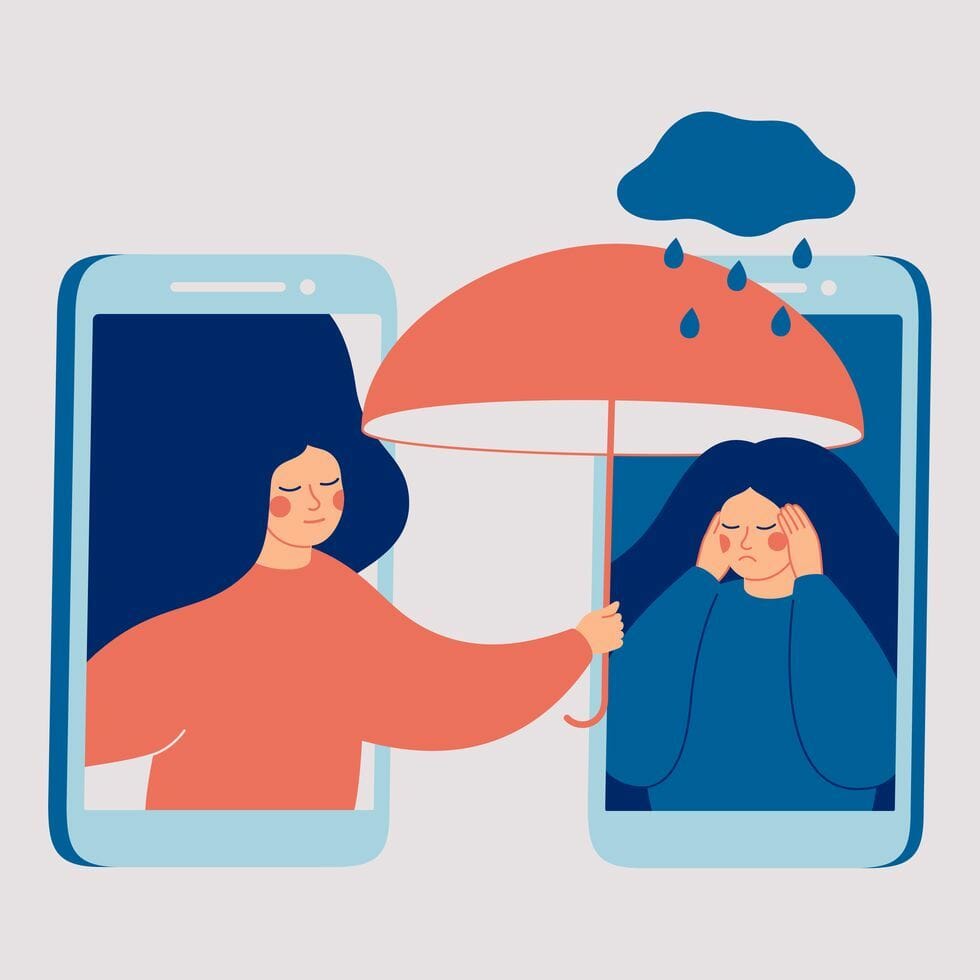
On being home, mental health and reconnecting
Dal and King’s students reflect on the emotional toll of returning to their hometowns
Back in March, Dalhousie University announced all classes would be online for the rest of the winter 2020 semester. Due to the COVID-19 pandemic, the university asked students to go home. For me, it almost felt like I was being deported.

Moving back home meant flying all the way back to Turkey. Everything happened too fast for me to process. Now looking back, my reaction to the events were like a condensed version of the stages of grief: starting with strong denial, slowly moving to a very aggressive state of constant bargaining and lastly, a bittersweet acceptance of how things were.
Adjusting to home life
The word “home” may sound comforting to many students. A couple of my friends were more than delighted to be going back home earlier than they thought they would, despite the condition the world was in.
As for me, I never really liked home. Opening the front door of my house, I get that melancholic, “it’s back to reality” feeling. So, to be frank, I was not thrilled. In my mind, I conceptualized being back home as being trapped. Mentally, it’s not the best place. Within this specific context of being so abruptly taken away from my friends and the new-found freedom that came with living away from home, there were definitely challenges to readjusting.
Living with family
Although I didn’t know it at the time, I wasn’t alone in my difficulty of readjusting to homelife.
Natalia Tola, a second-year University of King’s College journalism student, talks about the challenges caused by moving back in with her parents and how even though her father tries to be empathetic, he is “very unfamiliar with what it’s like to be a woman in 2020.”
Generational differences are bound to create obstacles between parents and their children. However, being in the same house as her parents 24/7 made this more evident than before to Tola.
“Family time grows more complicated as your life becomes separate from your family,” Tola says. “Likewise, quarantine makes you so aware of the people around you and the differences you have with them, since there’s so much free time to think and all.”
Even when everyone has good intentions, family can be very complicated.
Arianna Díaz, a second-year Dal engineering student, puts it this way: “My parents and other family members are great people, but they don’t really believe much in privacy or respecting their children’s time, so I don’t have 100 per cent control of my time anymore.”
Sare Yörükoğlu, a second-year Dal psychology student, delicately outlines how complicated her relationship is with her mother.
“[Me and my mom] miss each other a lot, but we also break each other a lot when we [are together], like constantly. And mentally, that makes me really tired,” Yörükoğlu says.
Maintaining connections
Even without taking family into consideration, there are still many problems with not being able to go back to Halifax for the fall semester. During these past months everyone in the world had to, in some way, rebuild their lives according to the new set of rules they’ve been presented with. Having to be more mindful and finding ways to cope wasn’t easy.

Neo Ragsac, a second-year Dal marine biology student, admits, “I haven’t been taking care of [my well-being] for a couple of months. I have been sleeping too much, which affected my health and my relationships.”
This might be a scenario many students are familiar with: feeling disconnected from this new reality and the friends we have in various parts of the world.
On trying to stay connected with friends, Ragsac says, “Hearing their voices is still a blessing, [but] it’s not enough since I’ve formed strong connections with these people.”
Now with classes starting again, some students have been hit with another wave of realization.
“Personally, studying at home makes me realize how being in charge of your own schedule and your own things makes a difference,” says Tola. She goes on to say having meals prepared and laundry done for her feels “a little too comfortable,” and highlights how she misses “having space to grow into [herself].”
A different kind of homesickness
There are many different versions of home. Sometimes it’s a physical space, and sometimes it’s a person’s comfort zone. Personally, returning to my family home made me realize I had unknowingly created another home for myself, intertwined with so many other people’s lives. While they both feel wildly different, they’re both spaces for me to keep evolving.
Díaz puts it best when she says, “When I was in Halifax, I was happy, but I got homesick from time to time. However, now that I’m back, I feel like my ‘homesickness’ isn’t really gone.”






